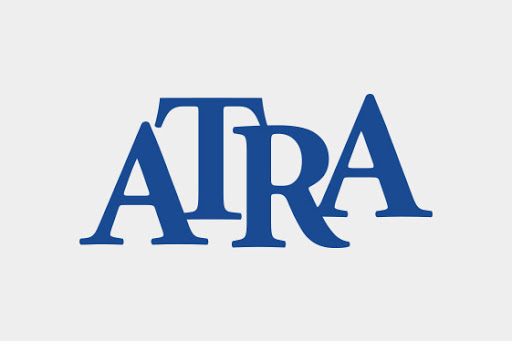
Controversial Restatement Adopted by American Law Institute
ALI’s restatement of the law of ‘consumer contracts’ the latest in a surge of advocacy by the Institute
Today during its annual meeting, the American Law Institute (ALI) voted to adopt a controversial Restatement of the Law of Consumer Contracts.
Through this project, the ALI has proposed creating a separate and unprecedented area of governing law distinct from the established law of contracts.
“We are disappointed to learn that the ALI voted to approve its so-called ‘consumer contracts’ restatement today,” American Tort Reform Association (ATRA) President Tiger Joyce said. “Today’s approval shows unequivocally that the ALI should now be called what it is — an advocacy organization focused on expanding liability for civil defendants.”
ATRA brought attention to this problematic project in a white paper released last month, titled, “From Legal Scholarship to Legal Advocacy: The Evolving Role of the American Law Institute in State Court Jurisprudence.”
“We’d hoped to see ALI members vote down the restatement, but rather they took affirmative steps to make it even worse,” Joyce said. “It seems ALI will instead continue down a path toward advocacy rather than scholarship.”
The ALI’s restatement of the law of “consumer contracts” intertwines contract law with state consumer protection statutes. The restatement creates a new theory of “deceptive contracts,” allowing consumers to challenge – and courts to overturn – any allegedly deceptive contract or term. It also ignores both the Federal Arbitration Act and the Supreme Court’s ample precedents favoring arbitration and predispute arbitration agreements. Its adoption may encourage state court judges to nullify arbitration agreements or otherwise reach results inconsistent with existing law.
In an unexpected development, the ALI adopted a motion which adds a new section to the Restatement on “Interpretation and Construction of Consumer Contracts.” It provides in part that standard contract terms (i.e. boilerplate terms) are to be interpreted to effectuate the “reasonable expectations of the consumer” and construed “against the drafter of the term” (i.e. business). It further provides that any ambiguities in the language of the standard contract term or the process by which a consumer assents to provisions are to be resolved against the business supplying the term or process.
“The new section, not unlike the rest of the Restatement, does not reflect prevailing case law at all – a point even the project’s reporters were quick to point out in their opposition to the motion – but it was nevertheless adopted by the ALI membership,” Joyce said.
State legislatures are also taking notice and rejecting the ALI’s expansive views. Missouri Senate Bill 783 includes a provision stating that a secondary source (such as ALI Restatements) including a legal treatise, scholarly publication, textbook, or other explanatory text, does not constitute the law or public policy of Missouri. The bill is currently being reviewed by Governor Mike Parson (R).
“ALI should expect similar legislation to be introduced around the country this year and next as states respond and react to the Institute’s adoption of this problematic restatement,” Joyce said.
ATRA’s recent report also outlines how ALI is no longer merely “surveying and synthesizing existing case law,” but rather promulgating and advocating for legal theories that exist well outside of the legal mainstream.
“This is an example of ALI purporting to summarize existing law that has never been clearly adopted in the first place,” Joyce said. “It and many previous restatements depart from the traditional objective, which is to survey and synthesize the consensus on legal rules based on existing law developed by judges, usually over the course of many years.”
Latest News
View all news
‘Highly Unusual’ Rehearing of Louisiana Case Raises Judicial Independence Concerns
Louisiana Supreme Court Waffles Under Political Pressure, ATRA Brief Urges Court to Stand Strong
America’s Top 9 Worst Judicial Hellholes®
Left unchecked, these jurisdictions will continue dragging down economic growth and undermining justice through rampant lawsuit abuse.
ATRA Commends J&J’s Plan to Resolve Notorious Talc Lawsuits
Claimants Given Opportunity to Vote on Plan; Judge to Reconsider Scientific Validity of Plaintiffs’ Experts
The Lab Whose Junk Science Is Fueling a Frenzy of Litigation
Legitimate consumer protection demands sound science and impartial analysis — not distorted data designed to manufacture lawsuits.
Lawsuit Advertising Frenzy Fuels Georgia’s Litigation Epidemic
Law Firms Spent $168M+ on 2.2M Ads in Georgia
Trial Lawyers’ Dual Grip on Pennsylvania Politics and Public Opinion Revealed in New ATRA Reports
ATRA’s Latest Studies Reveal Financial Influence and Lack of Transparency in Pennsylvania’s Campaign Finance Systems



